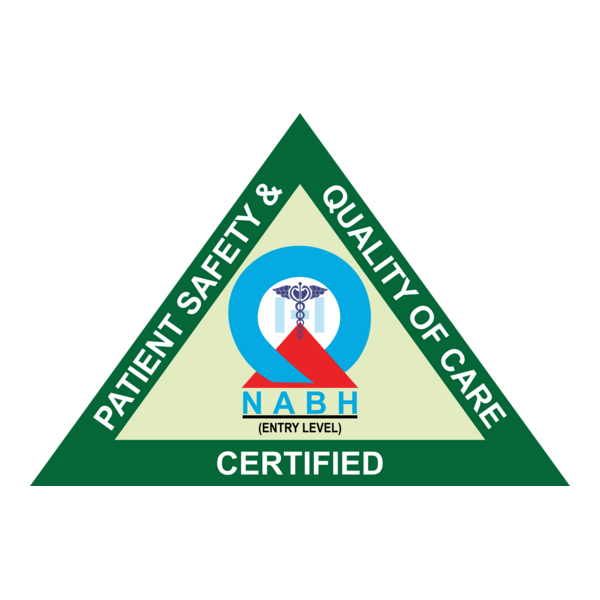Voice Disorder Therapy
Definition
Voice disorder therapy involves the diagnosis and treatment of conditions affecting voice quality, pitch, loudness, or endurance. Therapy aims to restore healthy voice function through medical, surgical, and rehabilitative approaches.
Purpose of Voice Disorder Therapy
To improve vocal strength, clarity, and endurance
To treat hoarseness, vocal fatigue, or voice loss
To manage conditions like vocal cord nodules, polyps, or paralysis
To enhance communication and quality of life, especially for professionals like teachers and singers
Types and Methods of Therapy
Voice Therapy Exercises
Guided by speech-language pathologists
Focuses on strengthening vocal cords and improving technique
Medical Management
Treatment of underlying infections, allergies, or reflux affecting the voice
Use of medications to reduce inflammation or swelling
Surgical Intervention (if required)
Microlaryngeal surgery to remove nodules, cysts, or polyps
Corrective procedures for vocal cord paralysis
Lifestyle & Preventive Care
Hydration, vocal rest, and avoiding irritants like smoke
Training in proper voice use and breathing techniques
Benefits of Voice Disorder Therapy
Restores vocal clarity, strength, and endurance
Reduces hoarseness, fatigue, and discomfort while speaking
Prevents long-term vocal cord damage
Enhances confidence and communication in personal and professional life


